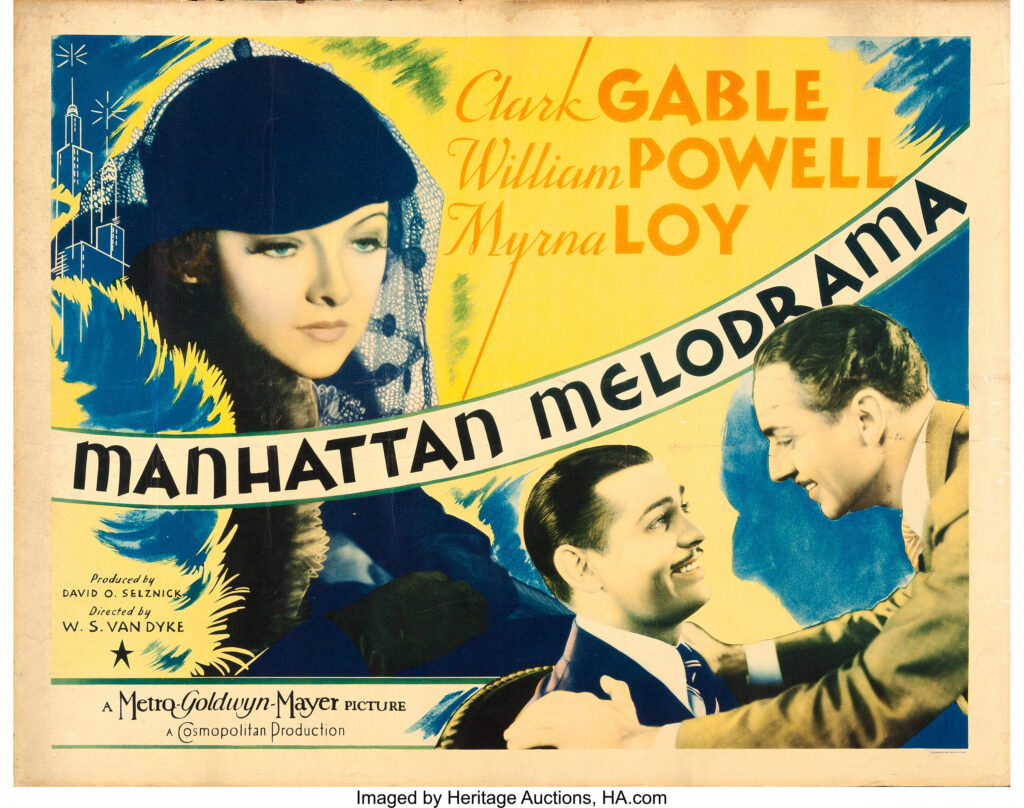Daily Archives: April 2, 2025
En movimiento: La caméra-stylo vs. la caméra-fusil
A column for Caimán Cuadernos de Cine‘s September 2022 issue. — J.R.
For me, the most horrible implication of the recent mass shootings in Buffalo, New York and in Uvalde, Texas is the suggestion that guns functioned for two alienated and tongue-tied eighteen-year-old boys as vehicles for their alleged “self-expression”, even though what was actually being “expressed” by them were only mindless replications of other nihilistic slaughters. In a country that habitually disparages or dismisses art in favor of its “entertainment” -– which is clearly why entertainers with zero interest in art such as Ronald Reagan and Donald Trump wind up as treasured ideologues — the potential entertainment value of guns can function as a handy substitute for art as a self-assertive kind of performance. This already tends to be the dramaturgical and discursive function of guns in the various forms of cinema that these teenagers accessed, which makes it only logical that it should become their own dramaturgical and discursive form of “self-expression”.
In other words, what la caméra-stylo represents for France as a form of art, la caméra-fusil represents for the United States as a form of entertainment — a form that basically mandates that the entertainer “shoot first and ask questions later” (whether this is done with a camera or in terms of military combat), if, indeed, questions are ever asked at all. Read more
Manhattan Melodrama
After hearing about this movie for most of my life because it was the last thing John Dillinger saw (on July 22, 1934 at the Biograph Theater — a movie house that was still in operation when I moved to Chicago in 1987), I finally caught up with it on TCM and am surprised what a good picture it is. However idealized the two leading characters are — a good-natured gangster (Clark Gable at his very best) and a principled lawyer (William Powell), childhood pals, both of them loved by a good-natured and principled woman (Myrna Loy) — the diverse changes rung on our sympathies remain complex and nuanced throughout. I hope Dillinger liked it too. The continuing ambivalence of the Chicago public towards him can be measured by the fact that a restaurant located next to the Biograph was named after him.
There are many other reasons for liking this movie. I put off seeing it for so long because it was directed by W.S. Van Dyke (or “One-Take Woody” as he was known at MGM), which led me to ignore the fact that the screenplay was cowritten by Joseph L. Mankiewicz, which I suspect helps to account for its overall intelligence. Read more


